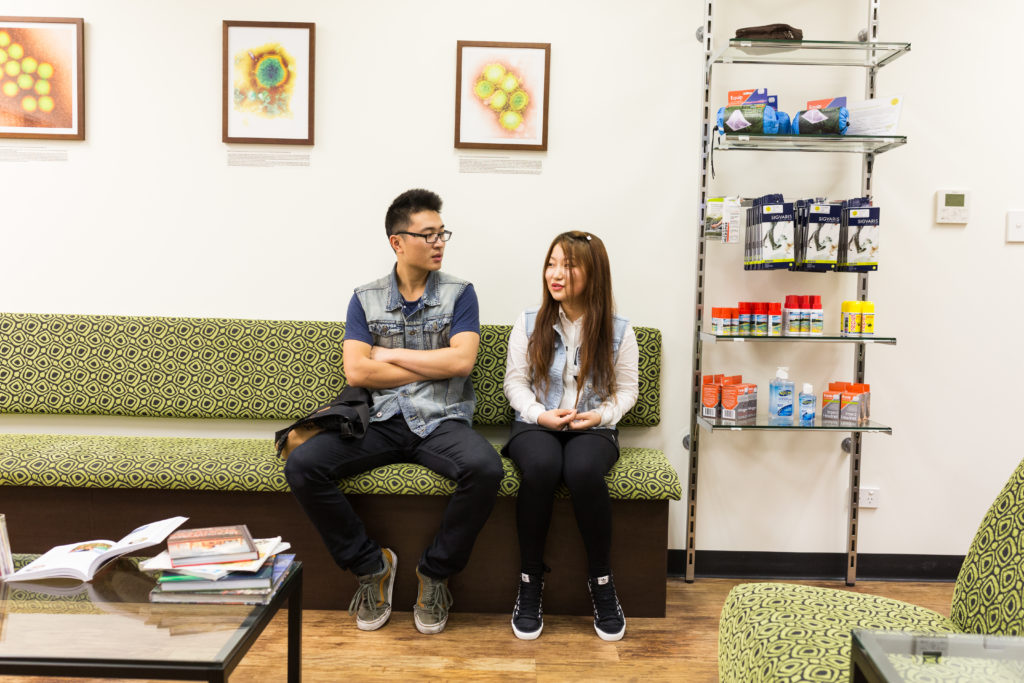Sexual health is a major, yet sometimes embarrassing, topic for young people to understand. We spoke to our friends at Globe Medical to help provide some information about the contraceptive options available to students in Australia:
Prior to starting any method of contraception, it’s suggested women consult their GP to discuss the risks and advantages of each method of contraception available. Your doctor will review your medical history and ask questions about your circumstances to help you choose a suitable option.
Condoms are readily available at your local supermarket, chemists and pharmacies. However, many forms of medical contraception mentioned below require prescriptions or procedures performed by your doctor or health professional.
Note: Only male condoms protect against the spread of STI’s. Other forms of contraception only protect against pregnancy.
Sexual health is one of the top health issues for international students in Australia.
MALES
Condoms
Condoms are a form of barrier contraception designed to prevent pregnancy and prevent the spread of sexually transmitted infections (STI’s). Wearing a condom is the best way to have safer sex.
FEMALES
Female Condoms
Female condoms are an effective method of contraception that is placed inside the vagina to reduce the risk of pregnancy and STIs
Contraceptive Pill
‘The Pill is a common form of hormonal contraception that is taken daily to prevent pregnancy.
Contraceptive Implants and Injections
Other hormonal forms of contraception such as implants and injections, such as Mirena IUD, Implanon and Depo injection, slowly release hormones into the body to prevent pregnancy and are a cheap, long-term method of contraception. Contraceptive implants and injections do not require a daily contraceptive routine like ‘the pill’, and do not affect fertility once removed or ceased.
Diaphragm
A diaphragm is another barrier method of contraception
It’s a dome-shaped rubber cup that sits inside the vagina covering the cervix. A diaphragm protects against unwanted pregnancies but does not offer protection against STI’s.
Vaginal Ring
A soft plastic ring that’s inserted into the vagina that is placed into the vagina once a month. It slowly releases hormones.
Natural Methods
Natural Family Planning is a method of contraception that relies on abstaining from sexual intercourse at times when you are most likely to get pregnant. This method is not advised if you want to avoid pregnancy as only it’s only effective in 75% of cases.
Emergency Contraception (Morning after pill)
Women who use emergency contraception within 24 hours of unprotected sex (or if another method of contraception has failed) will prevent 95% of pregnancies. Emergency contraception should not replace regular forms of contraception such as condoms, the pill, etc.
What does ‘Safe Sex’ mean?
‘Safe Sex’ is when both you and your partner take precautions in protecting yourselves against STIs, that means sexual activity that doesn’t involve exchanges of body fluids (semen, vaginal fluids & blood). The easiest way to practice ‘safe sex’ is to always use a condom.
Practicing unsafe sex may put you or your partner at risk of an STI or an unwanted pregnancy!
This article has been supplied by Globe Medical.







